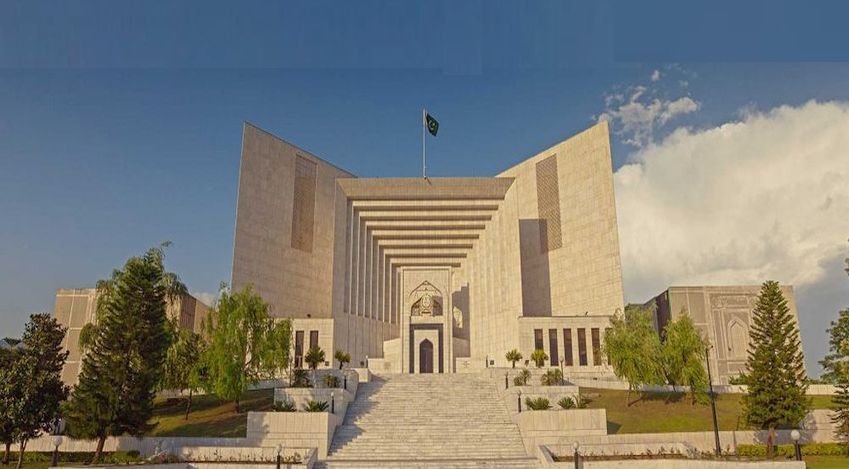Supreme Court of Pakistan Declares Zulfiqar Ali Bhutto’s Trial a Violation of Due Process and Fair Trial Standards
Islamabad 19-12-2024: In a landmark advisory opinion on [Reference No. 1 of 2011], the Supreme Court of Pakistan has ruled that the murder trial of former Prime Minister Zulfiqar Ali Bhutto violated fundamental principles of due process and fair trial. The judgment highlights serious judicial shortcomings, raising questions about historical proceedings and their implications for the rule of law.
The reference, brought forward in light of revelations from an autobiography and interviews with the late Mr. Justice Nasim Hasan Shah, challenged the fairness of Bhutto’s trial, including allegations of judicial bias and external manipulation during the politically charged proceedings of the 1970s.
The Court noted serious concerns regarding the impartiality of Mr. Justice Maulvi Mushtaq Hussain, who presided over the Lahore High Court bench during Bhutto’s trial. Mr. Justice Nasim Hasan Shah, in his later statements, admitted that Mr. Justice Maulvi Mushtaq harbored animosity toward Bhutto, which should have disqualified him from adjudicating the case.
Allegations of external manipulation in the bench composition were also substantiated. The judgment found that the inclusion of Mr. Justice Nasim Hasan Shah in the appellate bench was orchestrated by Attorney General Sharifuddin Pirzada and Mr. Justice Maulvi Mushtaq Hussain, further compromising the impartiality of the trial process.
The judgment highlighted significant violations of procedural fairness. It specifically referred to Article 10A of the Constitution, ensuring the right to a fair trial, and criticized the failure to adhere to these standards during Bhutto’s trial.
The Court reiterated that in its advisory jurisdiction under Article 186 of the Constitution, it cannot reappraise evidence or overturn previously adjudicated decisions. However, it emphasized the importance of addressing historical judicial errors to restore public confidence.
The judgment praised the dissenting opinions of Mr. Justice Dorab Patel, Mr. Justice Muhammad Haleem, and Mr. Justice G. Safdar Shah in Bhutto’s case, describing them as a testament to judicial integrity and independence during a politically charged period.
The judgment serves as a critical reflection on judicial conduct during one of Pakistan’s most controversial trials. It underscores the dangers of judicial bias, political interference, and procedural lapses in politically sensitive cases. Legal experts view this advisory opinion as a step toward fostering judicial accountability and safeguarding constitutional principles.
Powered by Froala Editor








